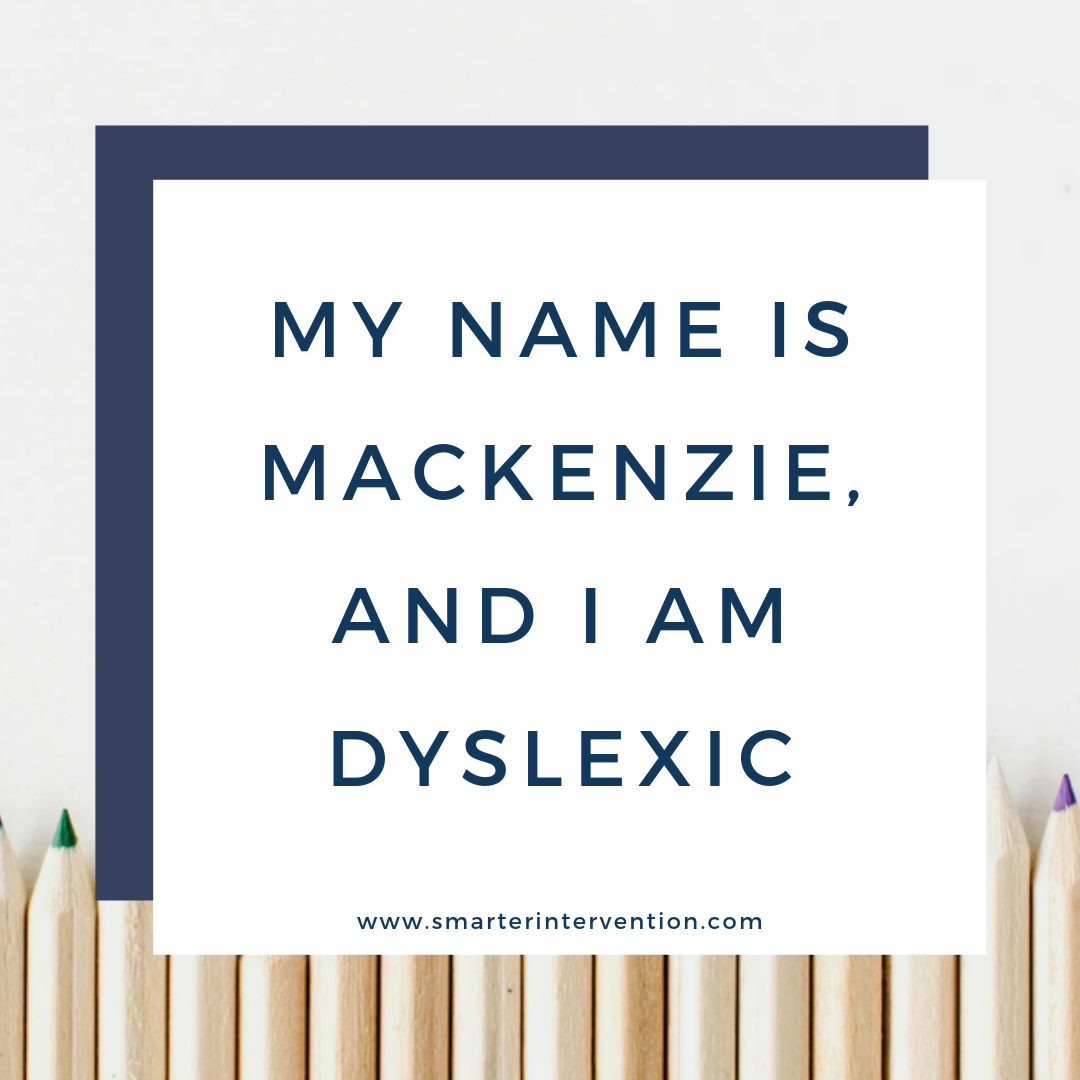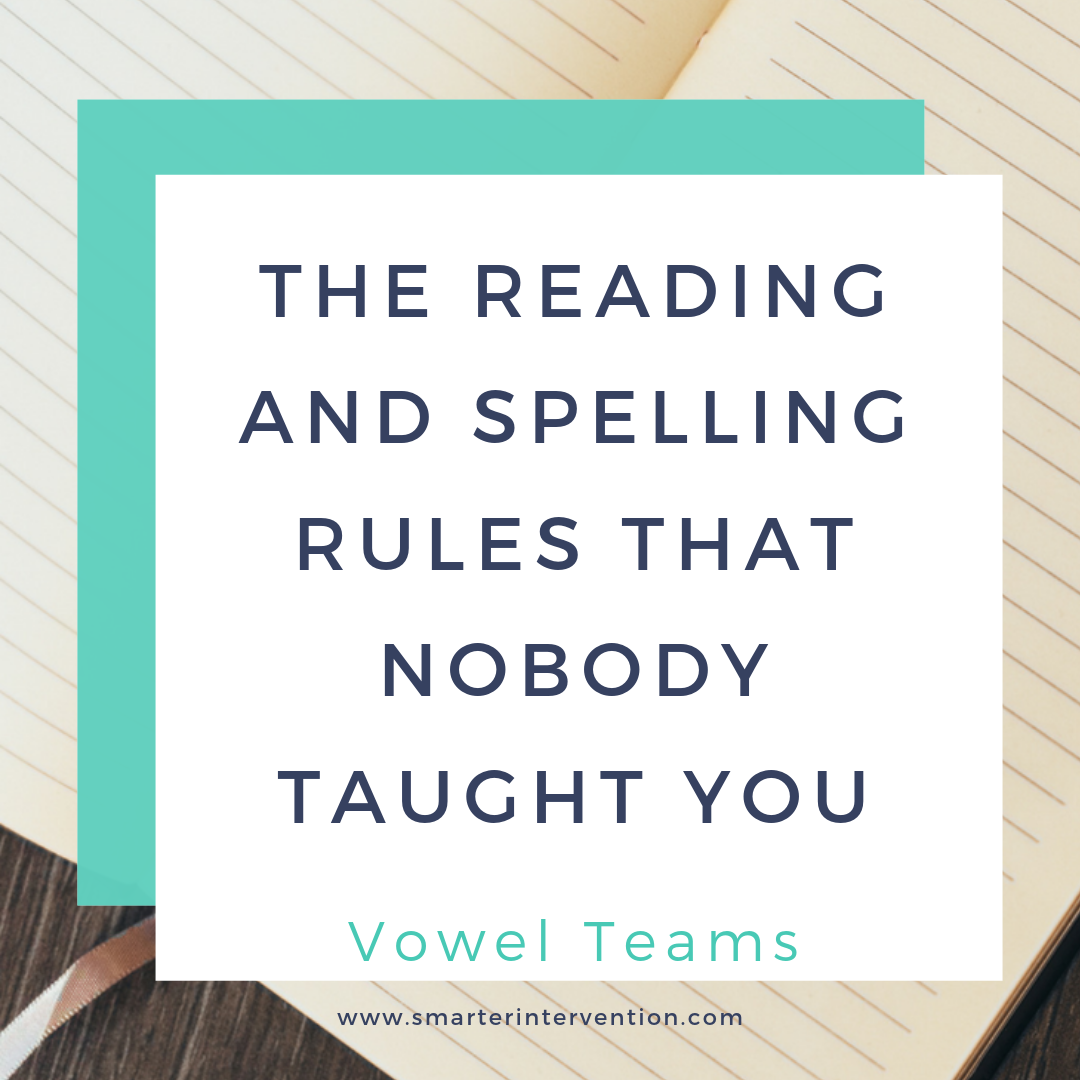Science-based literacy resources and articles
for families, educators and schools
Search by Category:
Categories
- Advocacy
- Business
- Comprehension
- Data Tracking
- Differentiation
- Dyslexia
- Evaluation and Assessment
- Executive Functioning
- Games & Activities
- Helping My Child At Home
- IEP/504 Plan
- Lesson Planning
- Math
- Online Intervention
- Organization
- Parents
- Phonics
- Phonological Awareness
- Reading Fluency
- Research
- SLP
- Spelling
- Vocabulary
- Writing
Ability Grouping Made Easy
With conferences upon us and a new reporting period staring us down, it is the perfect time to evaluate where are students stand after their first reporting period, and to possibly re-adjust our grouping.
Using data you gathered during this first quarter (DRA, iReady, STAR testing, or another common assessment) you can plot your students on our this diamond in order to get a clear picture about how to proceed with ability based grouping for the upcoming quarter.
Dyslexia Symptoms Checklist
Happy Friday, Everyone! We absolutely can not believe that October is already over. Holy moly! With October coming to a close, that means we are also finishing up with Dyslexia Awareness month. Our team was lucky enough to get to travel to the International Dyslexia Association’s National Conference last week - which was AMAZING.
My Name is Mackenzie, and I am Dyslexic.
My name is Mackenzie, and I am dyslexic.
Some of my earliest memories of school are feelings of frustration, confusion, sadness, and feeling lonely. Another memory that still makes my stomach hurt today is trying to memorize math facts. I have a great memory for some things; song lyrics, things people say, and pictures. But, remembering letters and numbers is a totally different story.
Understanding the Necessary Neural Connections for Literacy Acquisition
Okay everyone, we’ve got some heavy stuff for you this Friday. But here’s the thing we are super amped up about it right now because we are at the International Dyslexia Association National Conference and just had the opportunity to present this information about our favorite thing since sliced bread.
How Do I Pick Relevant Activities for My Reading Intervention Students?
So this can be one of the most challenging things we face as reading interventionists - what activities do I pull to target specific weaknesses for my struggling readers? And how can I do that without spending a TON of extra time that I don’t really have?
We all want the very best for our students, it’s our mission and our goal to be providing the best possible instruction to help completely eliminate reading and spelling gaps.
Consonant LE Syllables - The Reading and Spelling Rules No One Ever Taught You
Here we are with our last syllable type! If you’ve been with us since the beginning of this series you’re all caught up on the crazy reading and spelling rules you may have never heard of - we certainly hadn’t. If you missed learning about all the spelling rules with the other syllable types - go back and check them out!
Vowel Teams - The Reading & Spelling Rules That Nobody Taught You
Thanks for sticking with us and our series of The Reading & Spelling Rules Nobody Ever Taught You. The fifth syllable type teach our students is Vowel Teams. This is when two vowels stick together to make one sound. Think of the vowel sounds in words like rain, play, green, key, goat, boil, etc. Vowel teams can be kind of tricky so click through to read more and grab our Anchor Chart Worksheets!
Open Syllables - The Reading and Spelling Rules That Nobody Taught You
Welcome to week 4 in our series of The Reading & Spelling Rules That Nobody Taught You. In this post, we are going to talk about the fourth syllable type we teach to our students, Open Syllables.
The Open Syllable is the opposite of a Closed Syllable. In an open syllable, you have a vowel left alone at the end of the syllable. Our students like to remember that when nothing is behind the vowel, it can go for a looooong run and say its loooooong sound.
Bossy R Syllables - The Reading and Spelling Rules That Nobody Taught You
So we’ve been talking all about the reading and spelling rules that were brand new to us when we began to learn about Structured Literacy and the “science” behind the English language. Today, we are going to talk a little about the “Bossy-R” or the R-controlled syllable type. This one is a challenge!!!
Magic E Syllables - The Reading and Spelling Rules That Nobody Taught You
The second syllable type we teach students is our VCE (Vowel Consonant E) Syllable Type. Perhaps, if I told you it was also called the Magic E Syllable, it would sound familiar? Click through to read about VCE syllables and all of the rules we teach within this syllable type!
Closed Syllables - The Reading and Spelling Rules That Nobody Taught You
Closed Syllables are the first of the syllable types that we teach to our students. Within this syllable type we cover the -ck, FLOSS, -tch, and -dge phonograms as well as the 1-1-1 doubling rule. Do you know all of these rules? Click through to find out!
Accommodations, Modifications, and IEP Service Times - Oh My!
One of the most challenging things about walking into an IEP meeting for both parents and educators is that there are so many things you need to be considering.
This Week:
We are so excited to share with you this printable that we have that helps us to organize IEP Services.
Organizing an IEP/504 Plan Binder
As a parent, one of the most important things you need to do if your child is receiving support services from the school is to make sure you are organizing all of that paperwork! Whenever you have formal documentation it can be incredibly valuable long-term for your child.
For example, it can help you qualify your child for ACT/SAT accommodations or college supports if that is the direction they want to go. Alternatively, it can help your child qualify for supports in their job or career later on.
How to Organize Your Intervention Materials
Organizing our intervention materials is the key to our success, right?
When I’m not prepped and ready – my instruction and delivery suffer. This week I'm going to share with you how I keep my intervention materials organized.
The Suggested Schedule Freebie that you downloaded last week is your road map. I keep this at the front of my lesson plan binder – always.
How to Organize Your Structured Literacy Block in the Classroom
Do you ever feel like there just aren’t enough hours in the day to get done all that you need to accomplish with your students?
Creating a schedule that maximizes time and has sacred periods for instruction, free of interruptions, can be such a challenge. This was one of my biggest stressors in the classroom.
What is Structured Literacy?
Discover the power of Structured Literacy! Unveil a systematic, multi-sensory, and cumulative approach to literacy instruction. Learn how to build a structured literacy program, addressing the core components of phonological awareness, phonics, vocabulary, fluency, and comprehension. Elevate your teaching with intentional, thought-out progressions for lasting impact!
Structured Literacy Goal Bank & Data Tracking System
Writing effective literacy goals and tracking your students progress towards them can feel overwhelming. We are here to tell you that it doesn’t have to be hard! Writing effective goals and tracking data can actually be really easy with the right tools in place. Jump in and grab your FREE data tracking system and literacy goal bank inside!
#1 Tip to Making Huge Student Growth in Literacy
One of the best ways we can skyrocket student success in literacy is by setting the intention to do so. So obviously, if we want students to improve their literacy ability we need to recognize that they need to improve their literacy ability...



















